Here you will find some juices with potential to help cleanse and prevent fatty liver (or excessive accumulation of liver fat). Also, its properties and everything you need to know about the subject.
First, it’s worth noting the main types of fatty liver / hepatic steatosis:
- Simple fatty liver: There’s liver fat with little to no inflammation or damage to the liver cells.
- Non-alcoholic fatty liver disease (NAFLD): There’s inflammation, fat and damage to liver cells. This can lead to more serious problems such as cirrhosis (chronic and usually irreversible liver damage that causes scarring and liver failure).
- Alcoholic fatty liver disease: As its name indicates, it’s caused by high alcohol consumption. In these cases, the more alcohol is drunk, the more damage is done to the liver. Therefore, the most important thing to treat this disease is to stop drinking alcohol.
The recipes below may help prevent and fight these problems, especially the first two. For the third, overcoming addiction is key.
Finally, these drinks must be accompanied by a diet and habits to achieve your nutritional and health goals. But don’t worry, we’ll talk about that later.
Where do we start?
Juices to cleanse fatty liver: Recipes / Preparations
You can drink a different one each morning to consume nutrients from various foods.
If you’re interested, later we’ll share interesting information about each ingredient.
Notes:
- It is recommended not to filter the drinks. By avoiding this, you’ll be consuming most of the available fiber.
- Also, wash all ingredients before processing to remove bacteria and possible dirt.
- Finally, if you want more liquid juices, add a little water.
Let’s go with the recipes!
Information on ingredients
First, let’s explain some general points about the nutrients in the ingredients. Then, we’ll continue with more specific info about each food.
Juices to cleanse fatty liver: key nutrients
Fiber, antioxidants, potassium and magnesium are very important.
Fiber
In cases of overweight and obesity, one of the most effective ways to treat non-alcoholic fatty liver disease is to lose weight through caloric restriction.
According to experts, fiber consumption is directly related to weight loss. Also, this compound promotes a healthy intestinal microbiota, which reduces the development of inflammations and liver damage.
According to the Mayo Clinic, women should consume between 21 and 25 grams of fiber per day, and men, between 30 and 38 grams.
Antioxidants
There’s evidence that many antioxidants (polyphenols, carotenoids, and glucosinolates) may help reverse fatty liver. Here’s a table with some of the foods that contain these compounds. It’s worth noting that we used many of them in the recipes above.
| POLYPHENOLS | |
| Resveratrol | Grapes, berries, red wine and walnuts |
| Quercetin | Leafy green vegetables, tomatoes, berries and broccoli |
| Coumestrol | Alfalfa, legumes, Brussels sprouts, spinach, clover and soybeans |
| Anthocyanins | Berries, colorful fruits and vegetables |
| Epigallocatechin gallate | Green tea |
| Curcumin | Turmeric |
| CAROTENOIDS | |
| Lycopene | Tomatoes, red grapefruit, watermelon and apricots |
| Astaxanthin | Marine organisms such as salmon, shrimp and crayfish |
| Fucoxanthin | Brown algae |
| GLUCOSINOLATES | |
| Glucoraphanin and sulforaphane | Broccoli |
| Sinigrin and allyl-isothiocyanate | Cruciferous vegetables like radish and wasabi |
Potassium
According to a study of 8,592 people, a low level of potassium in the blood may be associated to non-alcoholic fatty liver disease.
On the other hand, according to a document from the U.S. Federal Register, the recommended daily intake of potassium is 4700 mg for adults and children 4 years of age and older.
Magnesium
According to a study published in 2018 and conducted with 13,489 participants, a high magnesium intake may be associated with a lower risk of fatty liver and prediabetes.
Finally, according to experts, adult men should consume between 400 mg and 420 mg of magnesium per day, and adult women, between 310 mg and 320 mg. However, higher doses are recommended for pregnant women.
Juices to cleanse fatty liver: Specific Properties / Benefits
Considering the above, here’s some specific information on each food.
To note: Nutrition information if from the U.S. Department of Agriculture (USDA).
Acidic fruits
- Lemon juice: According to rodent studies, this drink may have liver a liver-protective effect. A for its nutrients, 100 grams of it contain 6 mg of magnesium and 103 mg of potassium. Also, it’s packed with antioxidants (such as quercetin, which we listed among the polyphenols that may help reverse fatty liver disease).
- Grapefruit: It has powerful antioxidants (naringin and naringenin, which belong to the citrus flavonoids) that may help against fatty liver, among other health problems. On the other hand, a single grapefruit (308 g) has almost 5 grams of fiber, 27.7 mg of magnesium and 416 mg of potassium.
- Pineapple: This food has an enzyme (bromelain) that could help treat fatty liver disease. Also, a single slice of pineapple (56 g) contains 61 mg of potassium, 0.8 g of fiber, and 7.7 mg of magnesium.
Other fruits
- Apple: It also has many antioxidants (such as polyphenols) which, as we saw earlier, may help treat this condition. Also, a medium apple (200 g) has 4.8 grams of fiber, 10 mg of magnesium and 214 mg of potassium.
- Cucumber: A medium one (200 g) contains 95% water, 1 g of fiber, 26 mg of magnesium, 294 mg of potassium and carotenoids.
- Papaya: According to a study conducted with rats and published in 2021, this food could also help to prevent or treat non-alcoholic fatty liver disease. As for its compounds, a cup of papaya (165 g) has almost 3 grams of fiber, 300 mg of potassium, almost 35 mg of magnesium, and several antioxidants.
- Watermelon: As we saw above, this food has lycopene, a nutrient that may help reverse fatty liver. Additionally, one cup of watermelon (155 g) has 15.5 mg of magnesium, 0.6 grams of fiber, and 174 mg of potassium.
Vegetables
- Celery: Evidence shows that this is one of the green leafy vegetables with great antioxidant power. Also, it’s 95% water, so it’s very light.
- Chard: It has several antioxidants, such as quercetin (which we listed among the polyphenols that may help reverse fatty liver). Among them, there‘s one (lutein) that, according to some studies, could have positive effects in people with a fatty liver and / or a high level of bad cholesterol (LDL). A single chard leaf has 182 mg of potassium, almost 39 mg of magnesium and 0.7 g of fiber.
- Spinach: According to a study published in 2019, this plant could help control and treat fatty liver, as it’s a natural and safe source of carotenoids (antioxidants). On the other hand, a cup of spinach (25 g) includes 0.55 grams of fiber, almost 20 mg of magnesium and 140 mg of potassium.
Herbs and spices
- Ginger: In a study published in 2016, it was observed that the daily consumption of 2 grams of ginger supplement for 12 weeks was positive for patients with fatty liver.
- Rosemary: According to a rodent study, rosemary may protect and improve obesity-related hepatic steatosis.
- Parsley: In a study, published in 2015, the extract of this plant improved hepatic steatosis in rats fed with fructose. This is a type of sugar that promotes fatty liver and other health problems. As for its nutrients, a cup of parsley (60 g) has almost 2 grams of fiber, 30 mg of magnesium, 332 mg of potassium and many antioxidants.
Other plants and vegetables
- Beet: It has carotenoids and betalains (antioxidants) which, according to some studies, could help fight or prevent liver diseases, among other health problems. Also, one beetroot (80 g) contains 2.24 g of fiber, 260 mg of potassium and 18.4 mg of magnesium.
- Carrot: This is one of the main sources of β-carotene (carotenoid / antioxidant and anti-inflammatory). According to some studies, this compound could work as a protective agent in non-alcoholic fatty liver disease. A medium carrot (60 g) has 1.68 g of fiber, 7.2 mg of magnesium and 192 mg of potassium.
- Garlic: According to a study published in 2020, garlic powder supplementation could improve hepatic features and lipid profile in people with fatty liver.
- Radishes: This vegetable has antioxidants (glucosinolates called sinigrin and allyl-isothiocyanate) that could help with the problem.
Seeds and cereals
- Flax seeds: According to research (one with 50 people and another with chickens), these seeds may help treat / prevent fatty liver and contribute to weight loss. A single tablespoon of these seeds (9 g) has 2.46 grams of fiber, 35 mg of magnesium, 73 mg of potassium, many antioxidants and omega-3s. According to some studies, the latter compound could also help treat the problem.
- Chia seeds: This food showed positive results in different studies conducted on humans and rats with fatty liver. Just like flax seeds, one tablespoon of chia (9 g) has 73 mg of potassium, 35 mg of magnesium, 2.46 grams of fiber, omega-3s, and many antioxidants.
More useful foods
Here’re some other foods to consider.
- Whole grains: There’s evidence that choosing whole grains over refined ones might may help prevent or improve NAFLD.
- Other green leafy vegetables: They usually have antioxidants (polyphenols) and useful nutrients (potassium, magnesium and fiber) that may help treat and prevent liver problems.
- Monounsaturated fats: They’re found in foods such as extra virgin olive oil, nuts and avocados. Some studies suggest that these nutrients could help reduce liver fat.
Some key tips
Here’re some tips that may help cure and prevent liver problems in the long term.
- Lose weight: As we said before, for overweight or obese people, this is one of the most important points to keep in mind.
- Exercise regularly: There’s a lot of scientific evidence that this may help treat / prevent fatty liver and other health problems.
- Diet: Several studies point out the importance of avoiding excess trans and saturated fats, alcohol and sugar / carbohydrates. Remember that your diet should be balanced. Ideally, visit a nutritionist and follow an eating plan designed for your body and needs.
Juices to cleanse fatty liver: Final notes
If you suffer from fatty liver, severe liver conditions (such as cirrhosis) or allergy / discomfort after consuming any of the drinks or foods in this article, we recommend that you visit your doctor immediately.
Our opinions don’t replace those of a qualified healthcare professional.
You can subscribe here to receive updates.


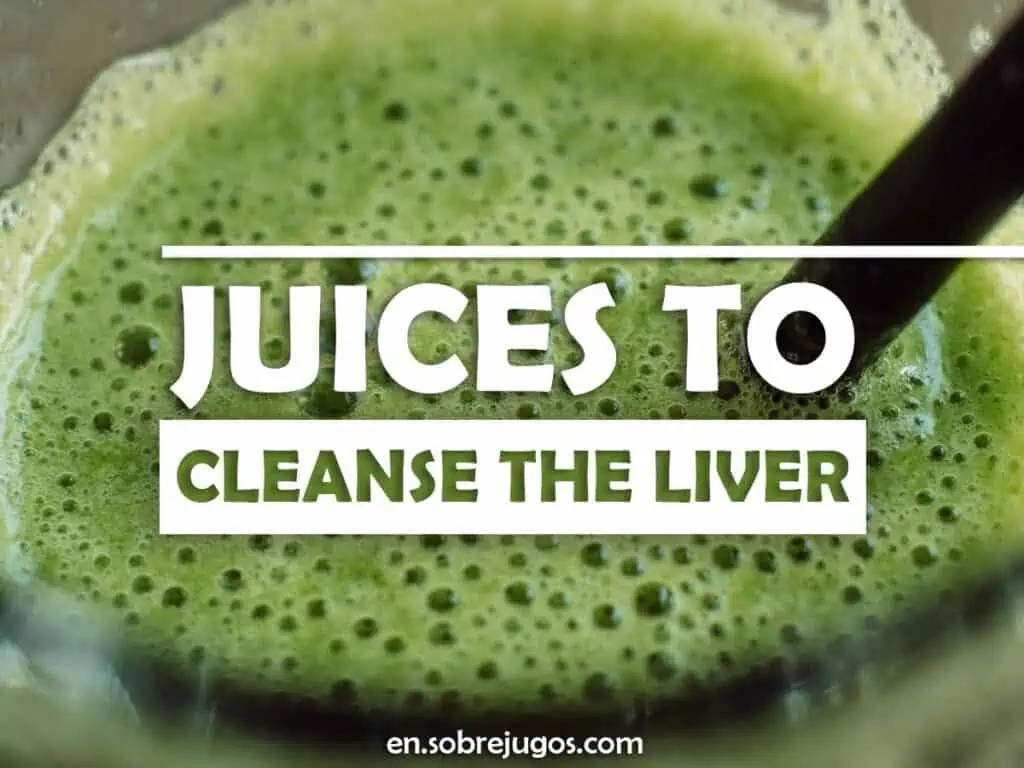
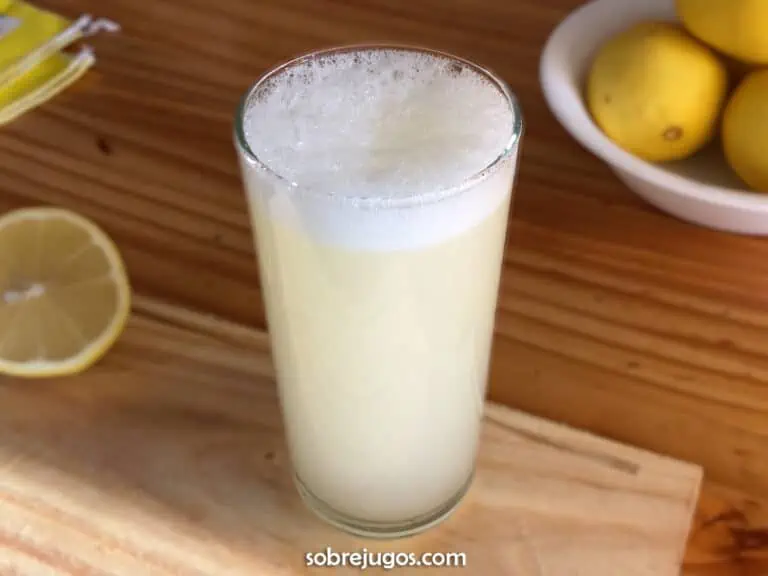
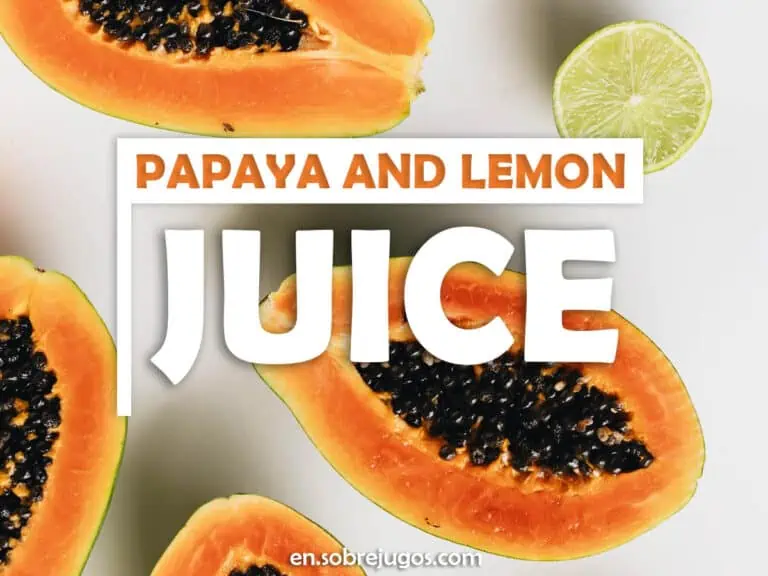
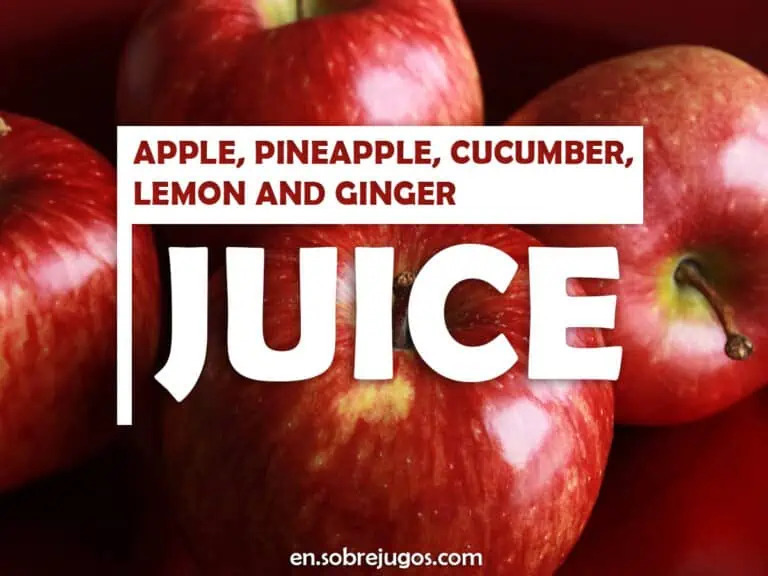
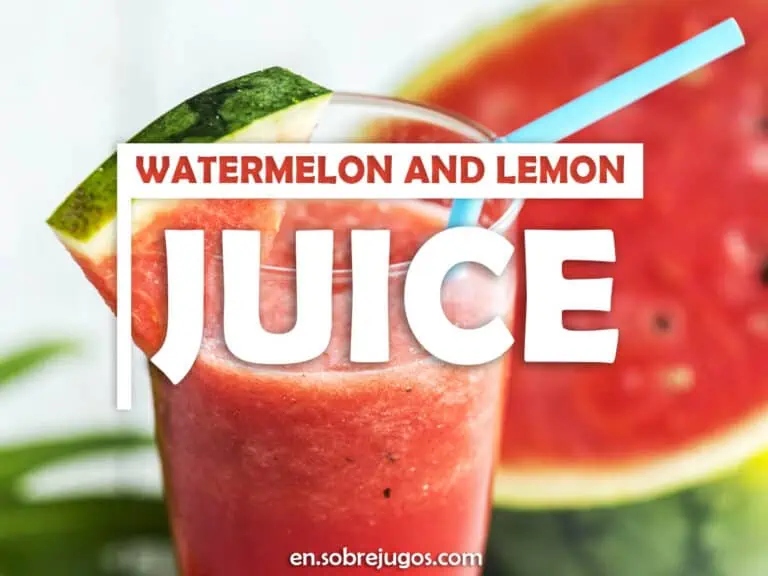
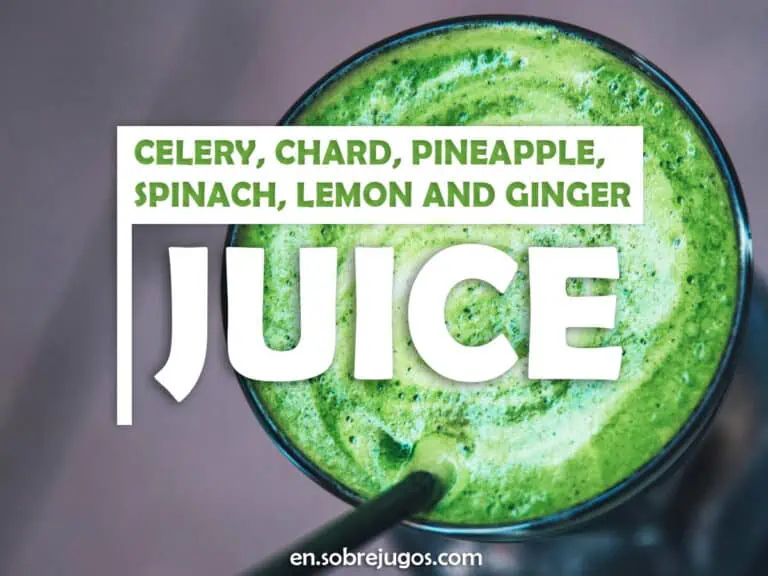
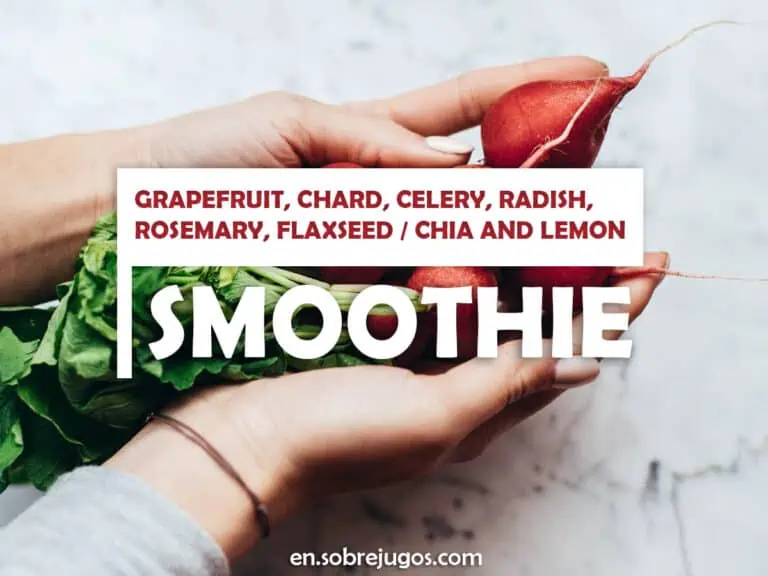
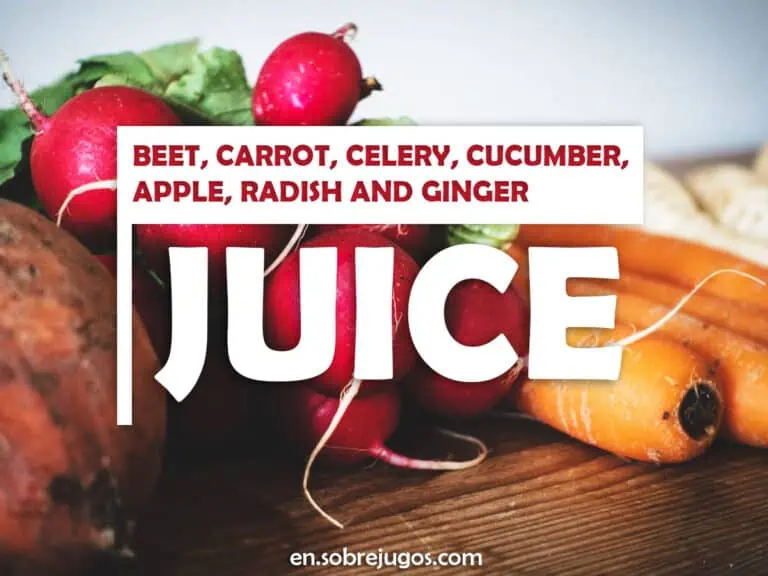
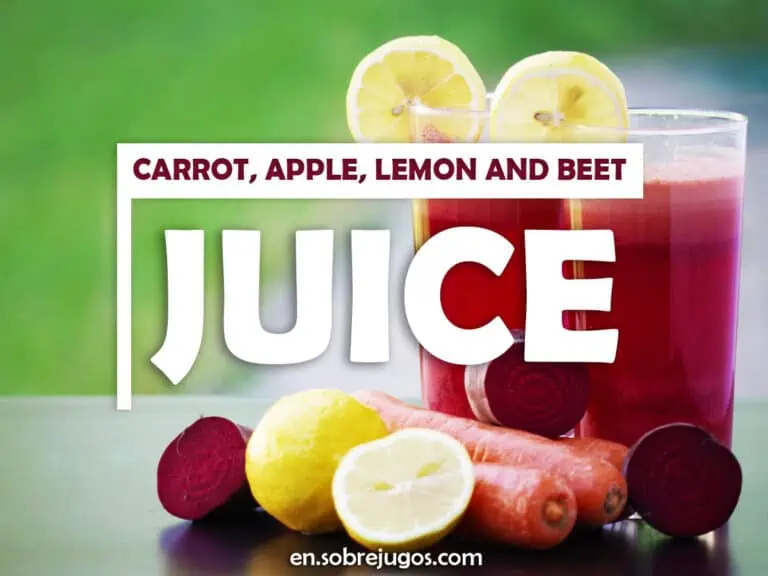
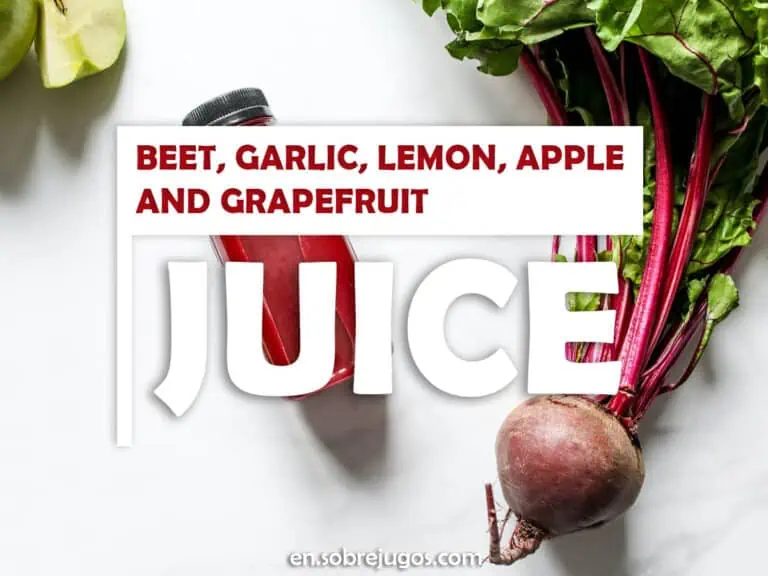
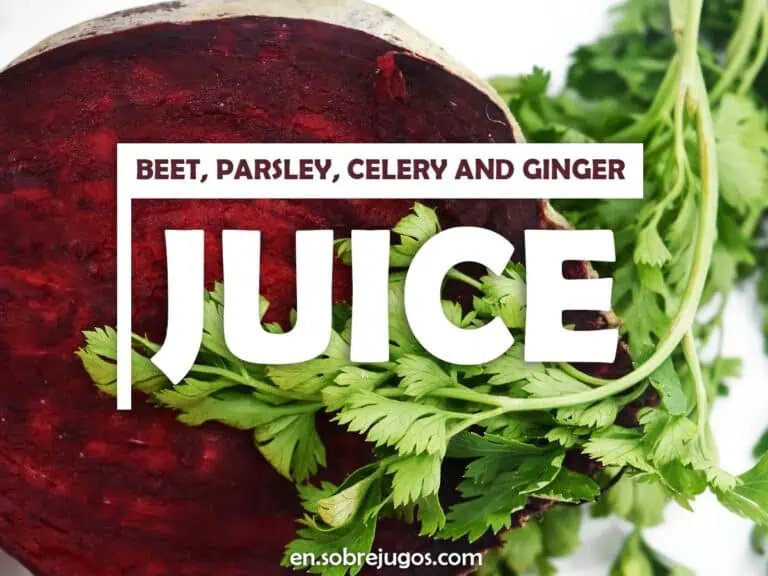
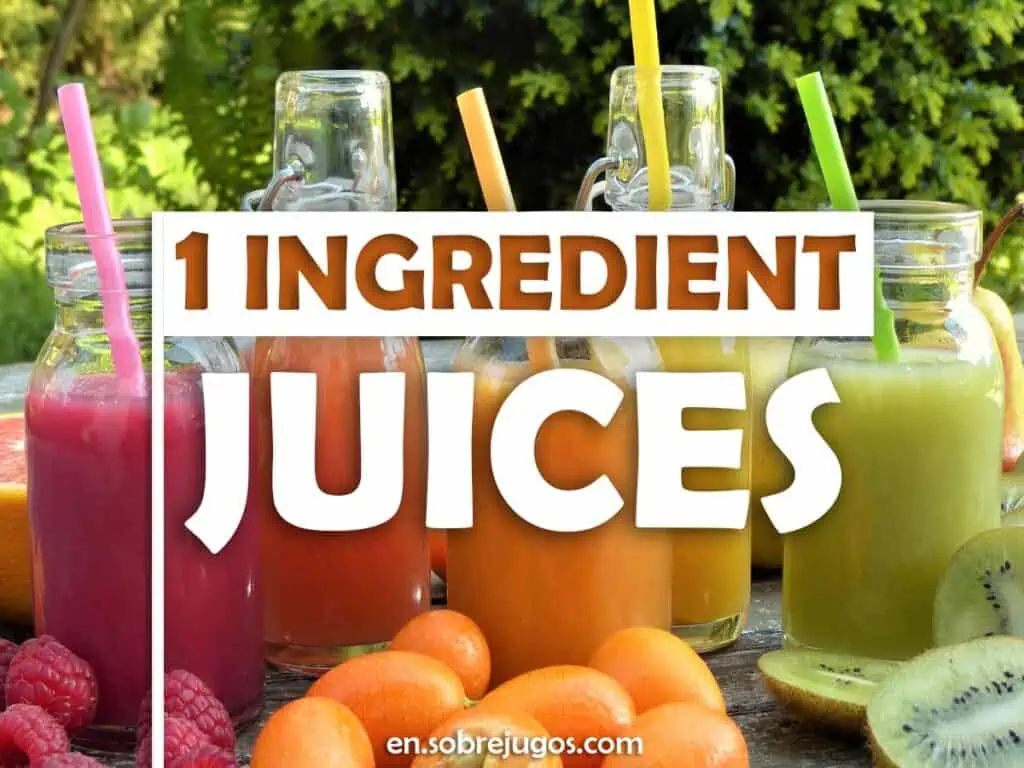
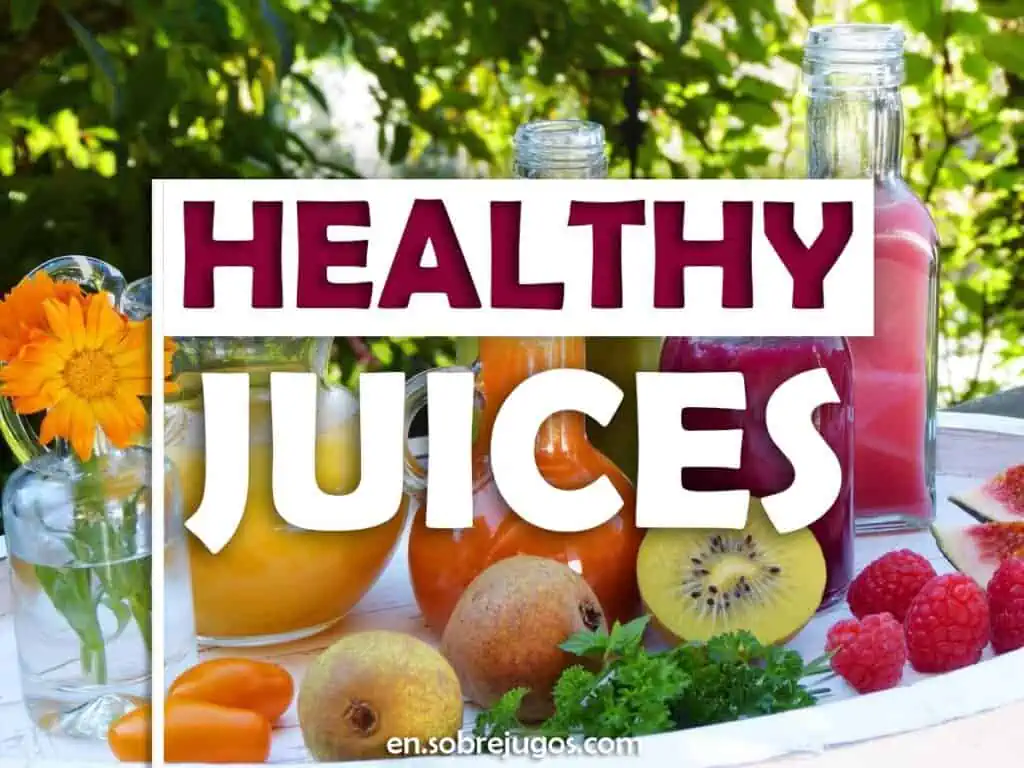
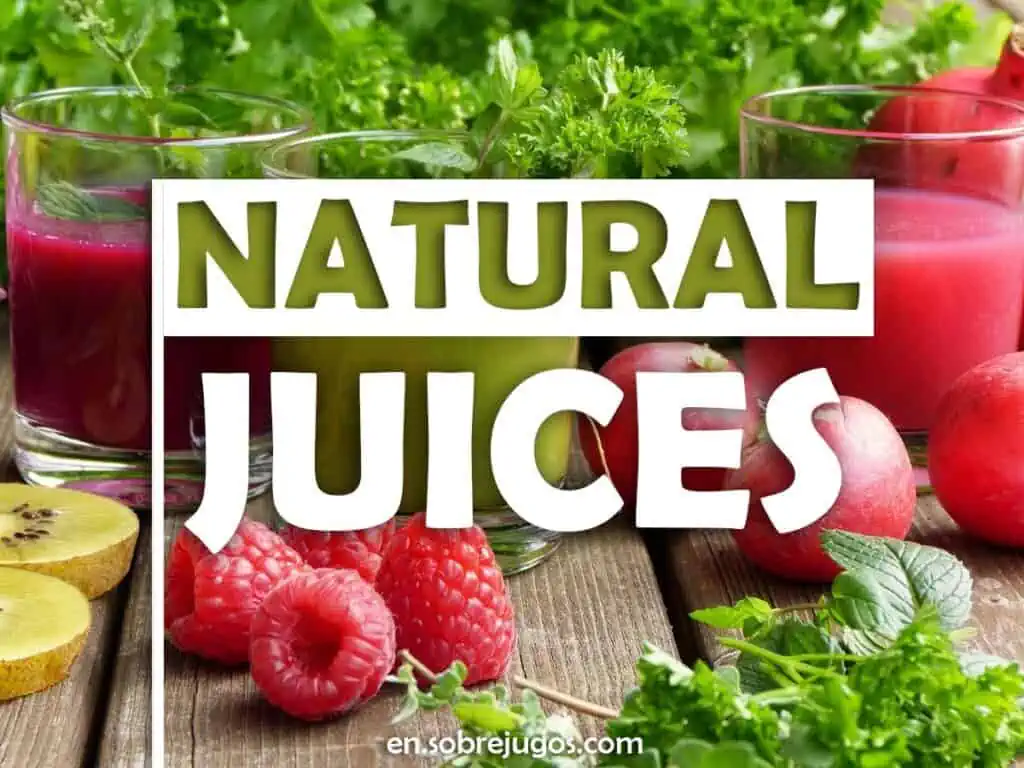
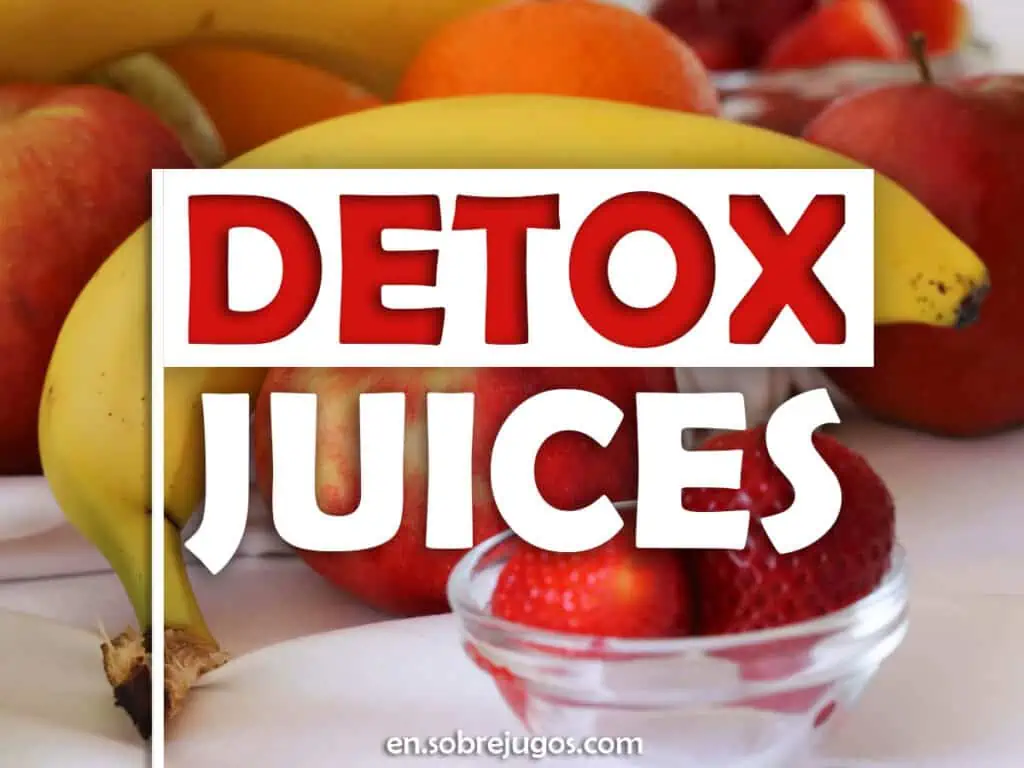
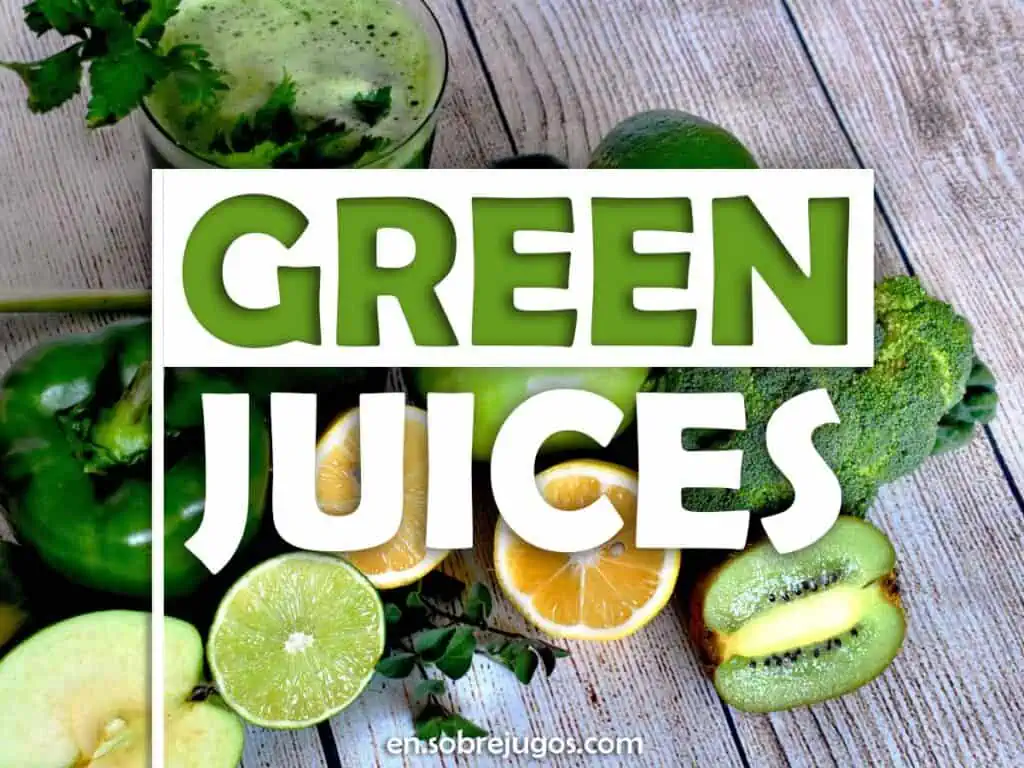

Want to know when we upload new content?
Enter your email address here to get notified.